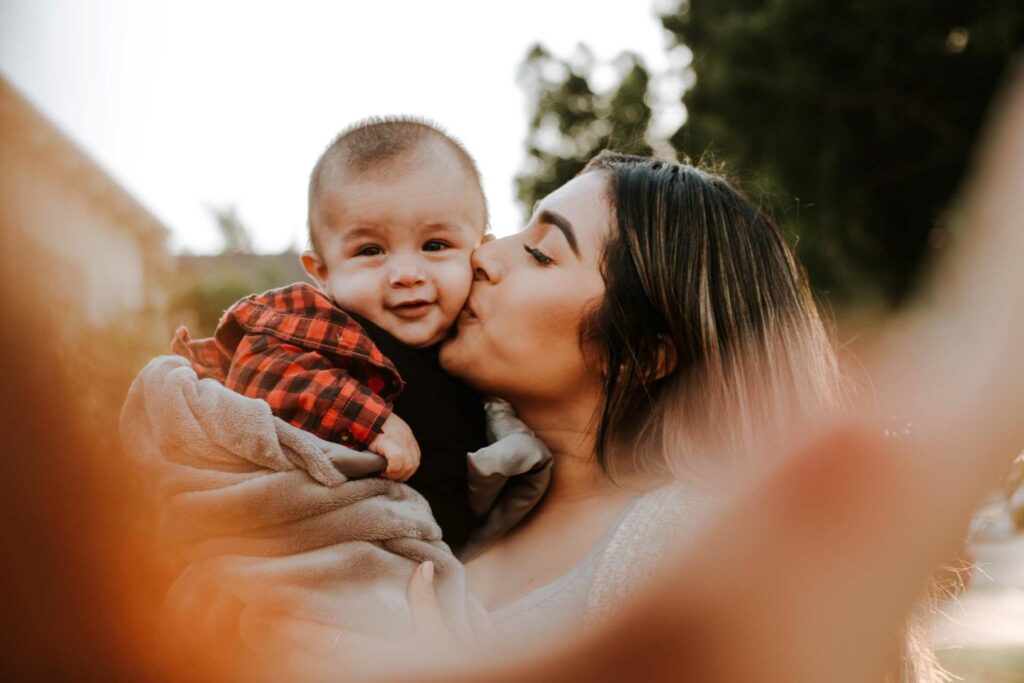The Integrated Services for Survivor Advocacy (ISSA) is a health justice partnership between South-East Monash Legal Service (SMLS) and the South Eastern Centre Against Sexual Assault and Family Violence (SECASA). The ISSA partnership has been running for over 28 years and is one of the longest running health justice partnerships in Australia
About the Integrated Services for Survivor Advocacy (ISSA)
ISSA has assisted 3,448 clients since it was established in 1995, 56% of whom were female. ISSA specialises in applications for assistance to the Victims of Crime Assistance Tribunal (VOCAT). For example, in 2022 alone, 41 ISSA clients were awarded over $121,000 from VOCAT in compensation for a variety of expenses to assist recovery including retraining, sports membership, music lessons and education programs.
SMLS solicitors work closely with SECASA counsellors to provide legal advice, assistance and representation to victim-survivors of sexual assault, non-offending family members and any other person affected by the assault other than the offender. The partnership supports clients to navigate the justice system, particularly for financial assistance provided through Victims of Crime Assistance Tribunal (VOCAT) and provides help for a range of other legal issues such as fines.
The aim of the study
The ISSA partnership has been running for 28 years and is one of the longest running health justice partnerships in Australia, in a context where the sustainability of partnerships is a key challenge to the model. Many health justice partnerships are still funded as though they are pilots or via year-on-year grants which undermine their ability to sustain the partnership. Much of the foundational activity of a partnership (e.g. developing relationships and coordination) is rarely funded at all. The aim of this small-scale exploratory study is to explore with those involved:
- What ‘value’ or ‘outcomes’ look like to the clients, as well health and legal partner staff
of a long-term health justice partnership - What indicators are being used (formally or informally) to determine if these outcomes
are being achieved - What factors they identify as contributing to these outcomes
- What they feel has helped sustain this long-term partnership.







